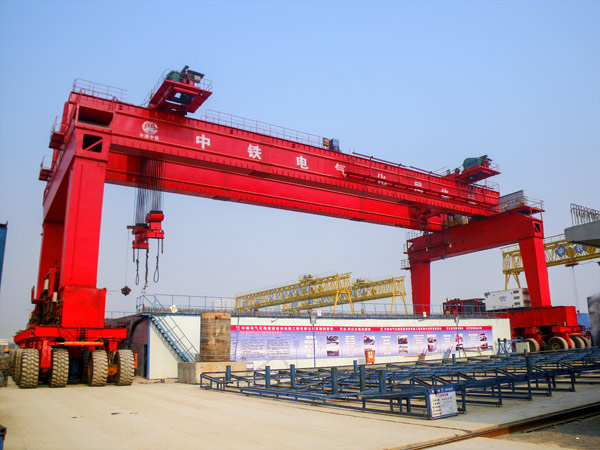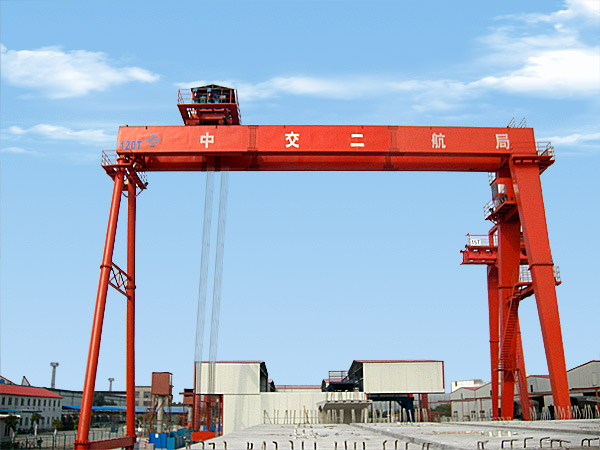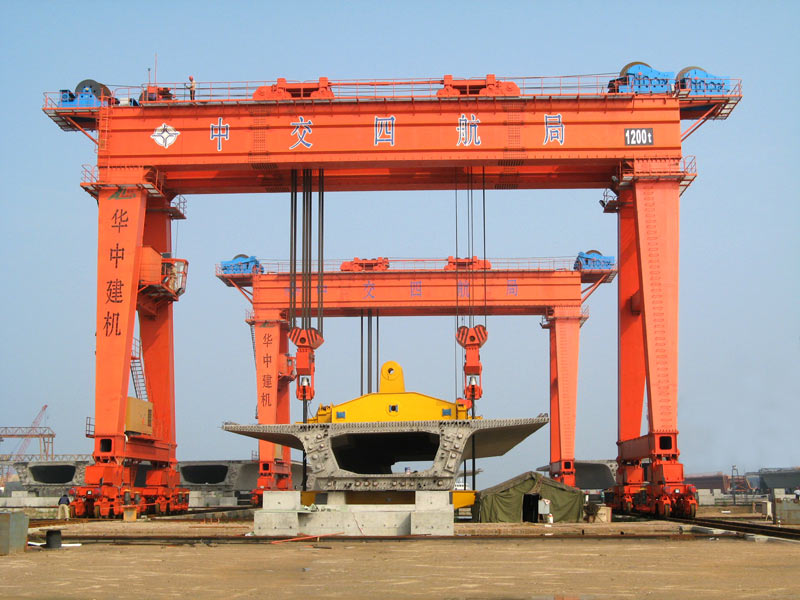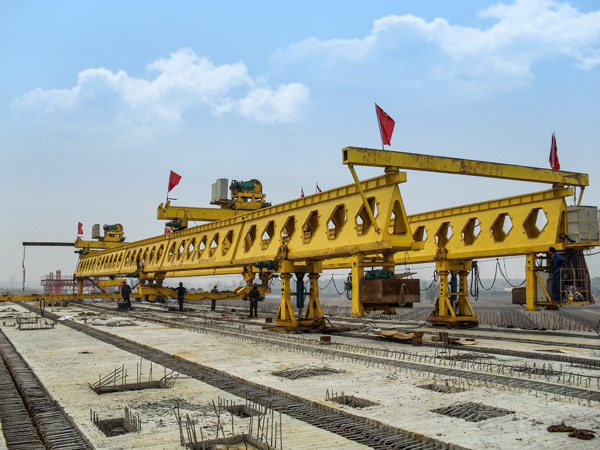4 steps test and accept electric hoist
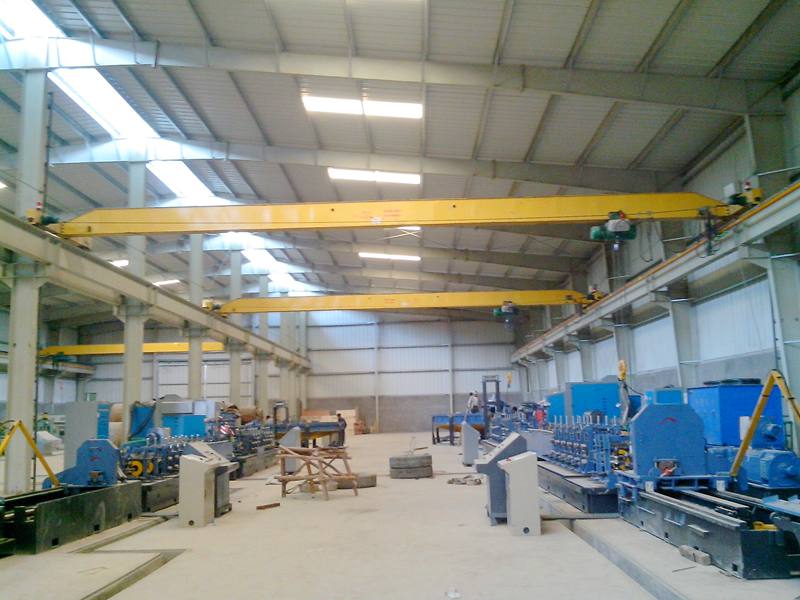
1. Test with no load
1.1 Press relevant button and check whether the movement of all mechanism complies with marked sign on the button. If tight, try again for two cycles continuously.
1.2 Raise or lower the hook to the limited positions and check whether the position limiter is reliable
1.3 Click the button and confirm the running distance of the motor axis which should be in the range of 1-2mm
It is not until there is no abnormal phenomenon occurring in the no-load test that the loading test can be conducted. The latter is carried out in two forms of static test and dynamic test. Examine whether there is unusual phenomenon
2. Static test
With rated voltage, add load gradually to 1.25 times the rated load, lift to position 100-200mm from the ground and stay for no less than 10 min. unload and check with eyes whether there are abnormal phenomena like crackles or permanent distortion to all parts. if not, to be qualified.
3. Dynamic tests
With rated voltage, carry out dynamic test with 1.1 times the rated load, the total test cycle is 30s; that is 6s to rise, 9s to stop, 6s to fall, another 9s to stop. The test should last for 15 cycles. Then see whether there are abnormal phenomena on every part. If not any, confirm to be qualified.
4. The braking motor should be adjusted to such an extent as the heavy objects can stop in the air. When stop during the course of falling with rated load, the sliding distance S≤Vup/100mm (Vup short for lifting) speed with rated load


